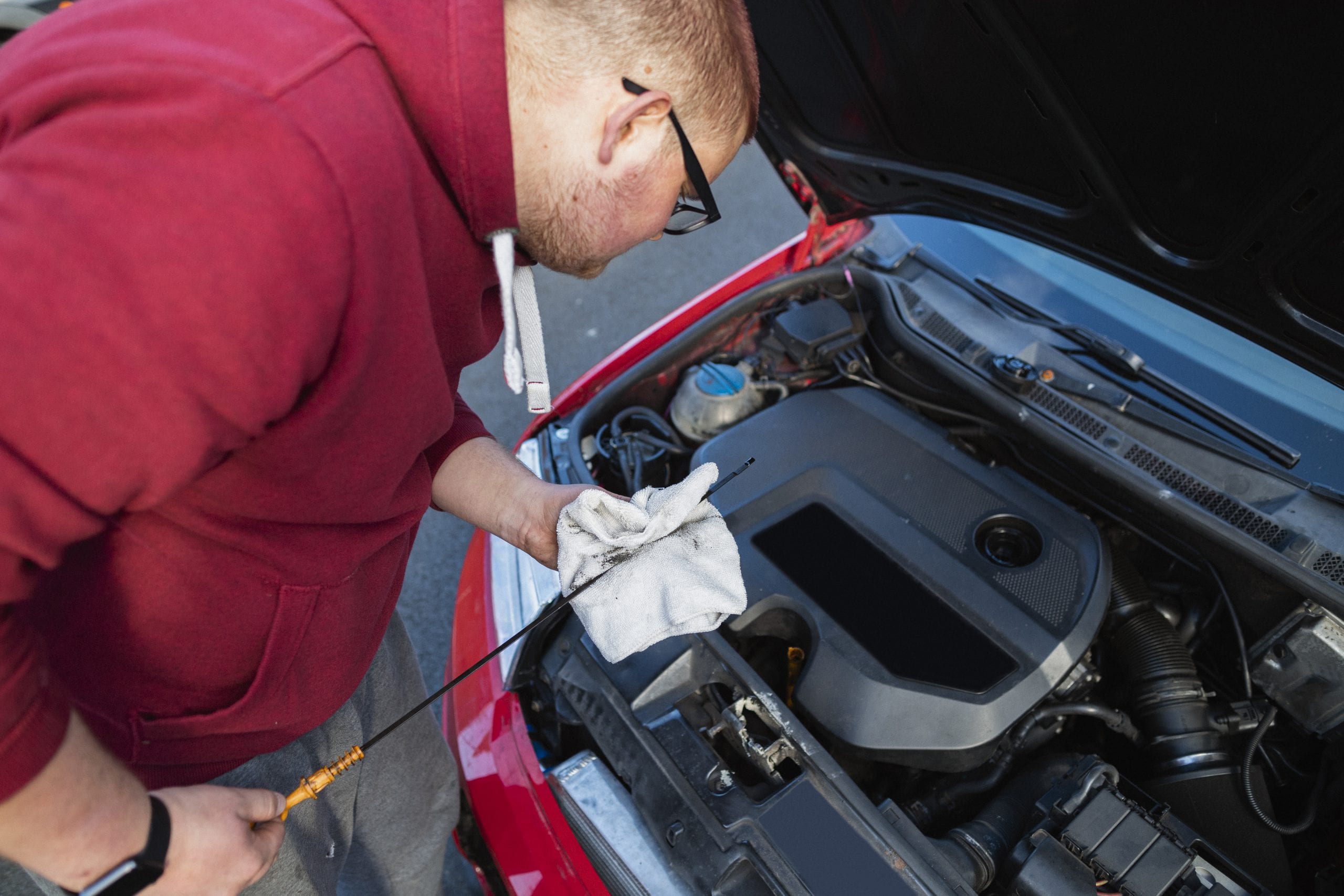
Your vehicle breaking down is one of the most frustrating situations any motorist can find themselves in.
And breaking down in winter in Northern Ireland brings with it cold, rain, ice and darkness.
At Granite Breakdown – we’ve helped thousands of customers over the years.
Here are the 12 things we’ve noticed on how to avoid a breakdown.
1. Flat batteries.
To avoid a flat battery, start your car daily.
2. Check your oil regularly.
Thankfully, most new(ish) cars have a digital dashboard that will alert you to low oil levels but don’t just rely on technology; manually check your oil levels at least once a month to make sure there’s enough.
3. Check your engine coolant levels (engine).
The coolant in your vehicle helps to keep the engine cool.
And if there’s not enough coolant, you risk causing significant engine damage due to overheating.
Always remember only to refill the coolant after your engine has cooled.
It is recommended that you check the levels every 30,000 miles.
4. Check your water levels (windscreen wipers).
The thing about water levels for your windscreen wipers is that often you only realize you’ve run out when you need it most.
In Northern Ireland our weather is interchangeable.
A July day could have sunshine, rain, fog and more rain all in the space of one hour.
And with that kind of weather, mud and dirt quickly land on your windscreen.
If you have no water for your wipers, driving will become dangerous, if not impossible.
Avoid this by regularly topping up – at least once a month – your windscreen wiper tank and always check levels before long journeys.
5. Check your tyre pressure.
One of the most common issues we come across on the roads are customers with tyre issues.
Tyre faults can result in blow-outs as well as flats, and one of the simplest ways of avoiding being stranded at the side of the road is to check your tyre pressure regularly.
We recommend checking tyre pressure every three weeks and always before a planned long journey.
6. Do you have a spare tyre?
Another regular problem we come across while on the phone to our customers is about spare tyres.
A lot of customers don’t know if they have a spare tyre, where it is located and if it’s an identical match to their other tyres or a smaller, ‘space-saver’ tyre.
To avoid this, locate your spare tyre when you buy your vehicle.
Assess what type of spare tyre it is and remember; a lot of space saver tyres are only to be used temporarily (around 30-50 miles).
7. Get your vehicle serviced regularly.
One of the best ways of avoiding a breakdown is to look after your car.
Most manufacturers recommend getting your car serviced either every year or 12,000 miles, whichever comes first.
8. Check your lights.
Those tiny little bulbs at the front, back and sides of your cars are vital.
In Northern Ireland, we experience more darkness than light weather-wise.
And driving at night with no lights is dangerous and illegal.
Check them regularly at home: headlights, fog lights, brake lights and indicators.
9. Alternator issues.
While there’s nothing most of us can do to be proactive with our alternators, vigilance to warning signs is a must.
Usual warning signs of an alternator that has gone awry include a pattern of battery problems, dim headlights as well as strange sounds and smells.
10. Clutch problems.
Every time you drive a manual car and change gears, your clutch comes under pressure.
And unsurprisingly, over time, your clutch experiences wear and tear.
Warning signs of a clutch problem include a sticking, loose or vibrating clutch, an odd squeaking noise when pressing and poor acceleration.
You might also find difficulty when trying to shift gears.
Being vigilant to the warning signs and replacing a clutch before it fails can help you avoid a breakdown.
11. Brake problems.
Your brakes are one of the most critical parts of your car.
Defective brakes can affect your braking time and distance and cause dangerous situations.
If you notice any changes to your brakes, stop immediately and call Granite Breakdown; it might not be safe to drive any further.
To avoid brake problems, you should get your brake pads checked at least twice a year by your mechanic, or during your regular full-car service.
12. Electrical problems.
As technology has advanced, the motoring industry is more advanced than ever.
But like any technology, issues with car electrics are common.
To avoid these, keep an eye on your car’s dashboard for any warning signals and alerts.
Common signs of electrical problems in cars include battery problems, fuses blowing or if you smell burning plastic.
Ask the mechanic servicing your car to check for faults too.
It might come with an added cost, but what price can you put on peace of mind?
Get your Granite Breakdown membership today by clicking HERE.
Full terms, conditions and exclusions are available HERE.

